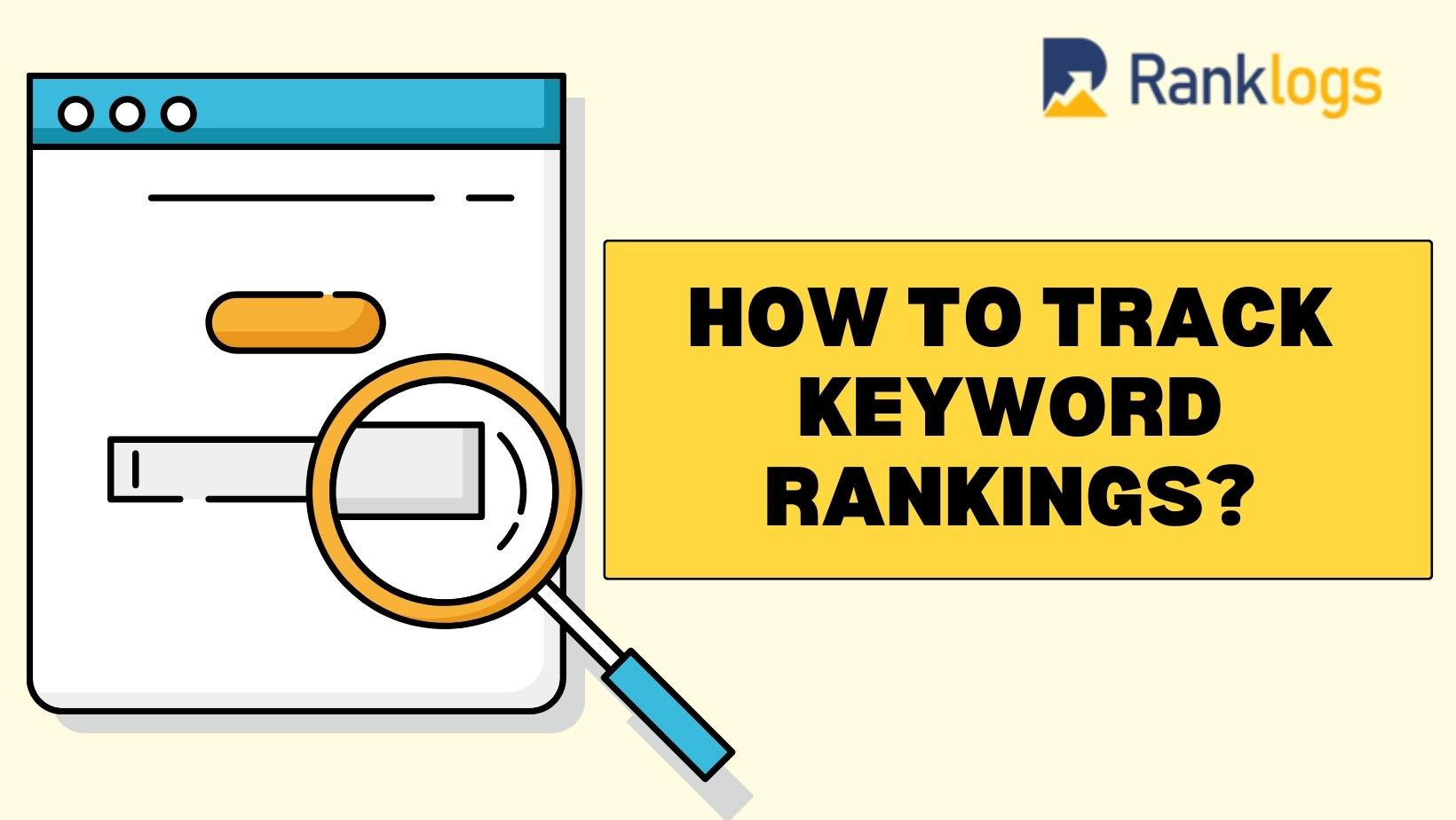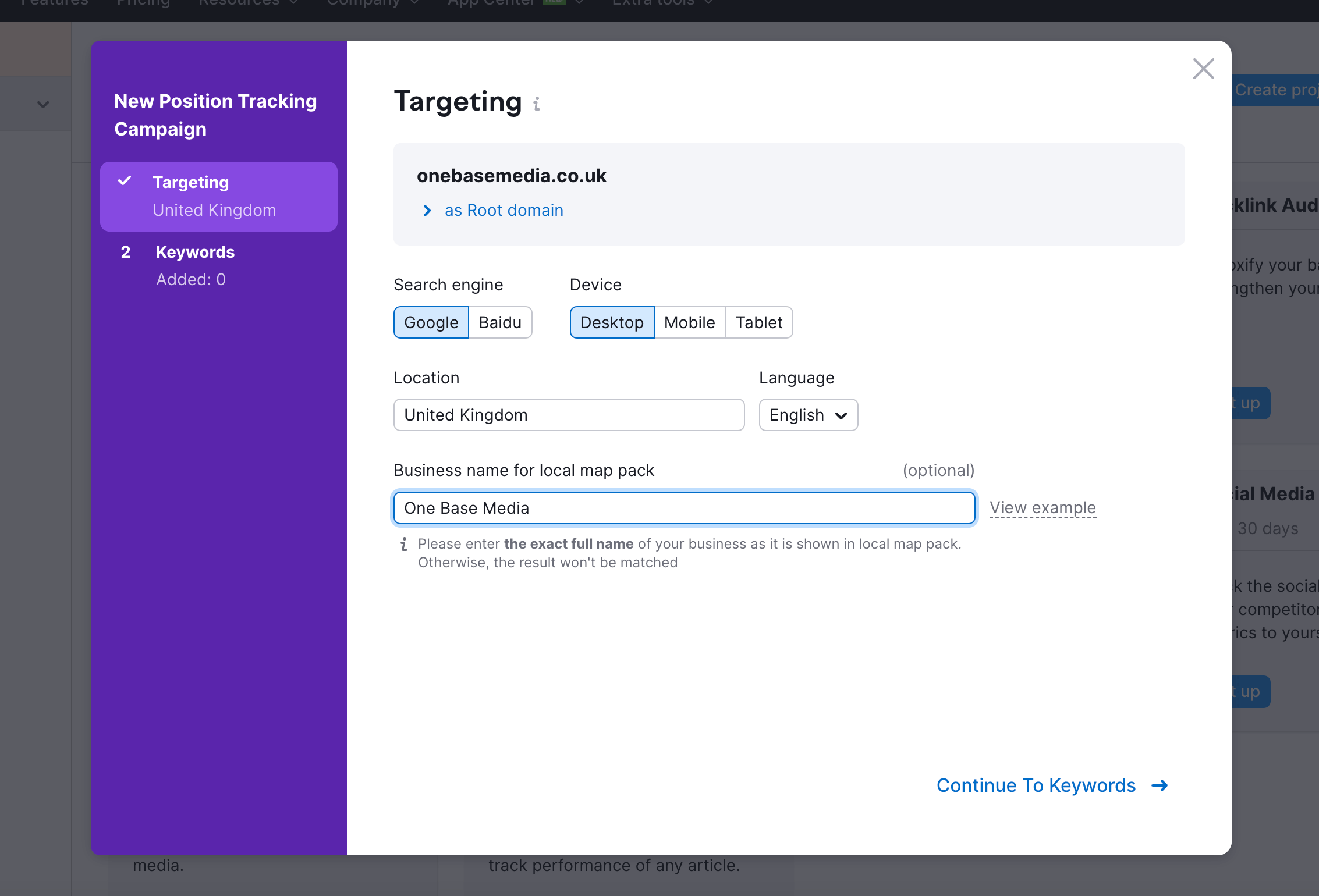In today’s digital landscape, tracking keywords has become an essential strategy for businesses and marketers alike. The ability to understand which keywords drive traffic to your website allows you to optimize your content effectively, ensuring that your target audience can find you amidst the vast sea of online information. By tracking keywords, you can make informed decisions about your SEO efforts, ensuring that your website ranks higher on search engines and reaches the right audience.
Moreover, tracking keywords helps businesses identify trends and shifts in user behavior. As market demands change, so too do the keywords that potential customers use to search for products and services. By keeping a close eye on these trends, businesses can pivot their strategies, tailor their offerings, and remain competitive in an ever-evolving market. This proactive approach not only enhances your brand's visibility but also fosters a deeper connection with your audience, ultimately leading to increased conversions.
Lastly, effective keyword tracking can lead to a more significant return on investment (ROI). By understanding which keywords yield the best results, marketers can allocate their resources more effectively, focusing on high-performing keywords while discarding those that underperform. This targeted approach ensures that every marketing dollar spent contributes to overall business growth, maximizing potential profits. In a world where digital presence is paramount, mastering the art of tracking keywords is not just beneficial, it is essential for success.
What Does It Mean to Track Keywords?
Tracking keywords involves monitoring specific words and phrases that users input into search engines to find content, products, or services. By analyzing these keywords, businesses can gauge their online visibility and effectiveness in reaching their target audience. This process typically involves using various tools and platforms that offer insights into keyword performance, trends, and competition analysis.
Why is Keyword Tracking Important in SEO?
Keyword tracking is a cornerstone of search engine optimization (SEO) because it directly impacts a website's visibility and ranking on search engines like Google. Here are a few reasons why it is crucial:
- Understanding User Intent: By analyzing which keywords are performing well, businesses can better understand what their audience is searching for.
- Improving Content Strategy: Tracking keywords helps inform content creation, ensuring that the material resonates with the target audience.
- Monitoring Competitors: Keeping an eye on competitors' keyword strategies can provide valuable insights and opportunities for differentiation.
- Maximizing ROI: Identifying high-performing keywords allows businesses to invest their marketing budget more effectively.
How Can You Track Keywords Effectively?
To track keywords effectively, businesses can employ a combination of strategies and tools. Here are steps to consider:
- Use Keyword Tracking Tools: Tools like Google Analytics, SEMrush, Ahrefs, and Moz can provide valuable insights into keyword performance.
- Set Clear Goals: Determine the objectives of your keyword tracking efforts, such as increasing website traffic or improving conversion rates.
- Monitor Performance Regularly: Regularly checking keyword performance helps you stay ahead of trends and adapt your strategy accordingly.
- Analyze Competitor Keywords: Understanding which keywords your competitors rank for can reveal new opportunities for your business.
How Can Keyword Tracking Impact Your Business Growth?
Keyword tracking has a profound impact on business growth. By leveraging the data gathered from keyword performance, businesses can enhance their marketing strategies in various ways:
What Are the Benefits of Effective Keyword Tracking?
Here are some notable benefits of effective keyword tracking:
- Enhanced Visibility: By focusing on the right keywords, businesses can increase their visibility in search engine results.
- Targeted Marketing: Keyword tracking allows for more precise targeting, ensuring that marketing efforts align with user intent.
- Informed Decision-Making: Data-driven insights from keyword tracking empower businesses to make informed marketing decisions.
- Increased Traffic: Higher rankings for targeted keywords can lead to increased organic traffic to your website.
Can Keyword Tracking Help Optimize Your Content?
Yes, keyword tracking is instrumental in optimizing your content. By understanding which keywords are trending and which are underperforming, businesses can refine their content strategies. This optimization can include:
- Incorporating High-Performing Keywords: Strategically placing high-ranking keywords within your content improves your chances of ranking higher.
- Creating Targeted Content: Developing content that specifically addresses the needs and interests of your audience enhances engagement.
- Regular Updates: Updating existing content to reflect current keywords ensures it remains relevant and continues to drive traffic.
How to Choose the Right Keywords to Track?
Choosing the right keywords to track is crucial for your success. Here are some tips for selecting the most effective keywords:
- Relevance: Ensure that the keywords are relevant to your business and align with your audience's search intent.
- Search Volume: Look for keywords with a decent search volume to ensure that you are targeting terms that people are actively searching for.
- Competition: Assess the level of competition for each keyword to determine whether it is feasible to rank for that term.
- Long-Tail Keywords: Consider using long-tail keywords, as they often have lower competition and can attract more targeted traffic.
What Tools Are Available for Keyword Tracking?
There are several tools available for keyword tracking. Some of the most popular options include:
- Google Analytics: A free tool that provides insights into website traffic and user behavior.
- SEMrush: A comprehensive SEO tool that offers keyword tracking and competitor analysis features.
- Ahrefs: Another powerful SEO tool that provides keyword tracking, backlink analysis, and more.
- Moz: Offers keyword tracking along with other SEO tools to help improve your website's performance.
Conclusion: Why You Should Start Tracking Keywords Today?
In conclusion, tracking keywords is an essential component of a successful digital marketing strategy. It provides valuable insights into user behavior, enhances SEO efforts, and ultimately drives business growth. By adopting effective keyword tracking practices, you can optimize your content, improve your marketing strategies, and increase your online visibility. Don’t wait—start tracking keywords today to unlock the full potential of your digital presence!
You Might Also Like
P Diddy’s White Daughter: Unraveling The MysteryUnlocking The Secrets Of Your Website's Performance: Google Page Rank Checker
Unveiling The Secrets Of OnlyFans Top Earners
Understanding Rank Trackers: Your Guide To SEO Success
Lily Gladstone's Partner: A Glimpse Into Her Personal Life
Article Recommendations


